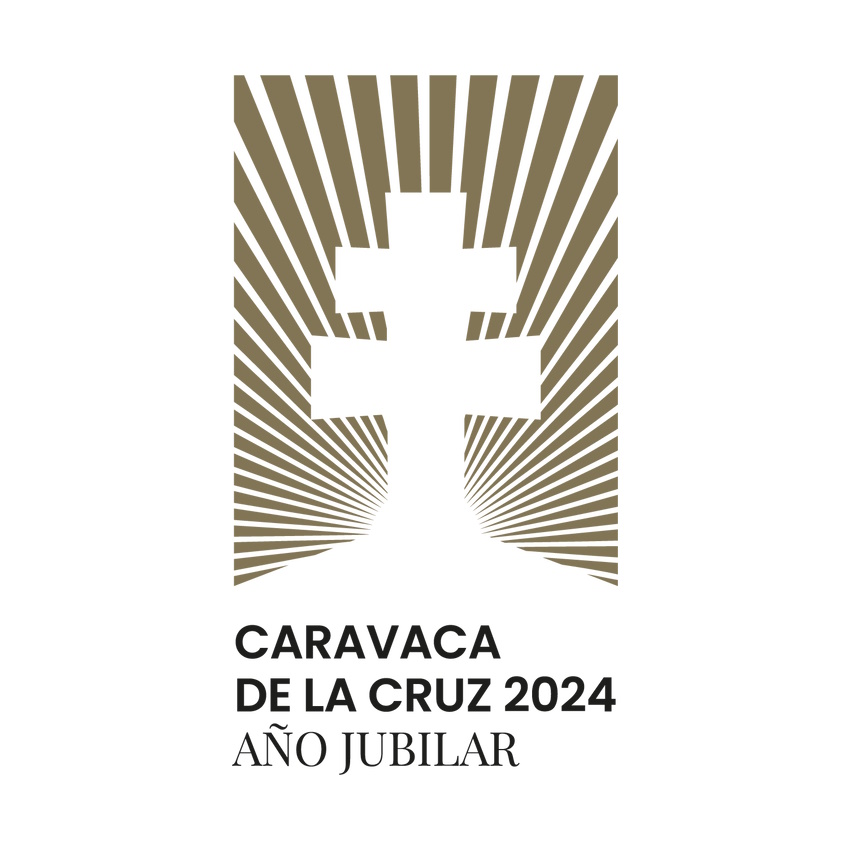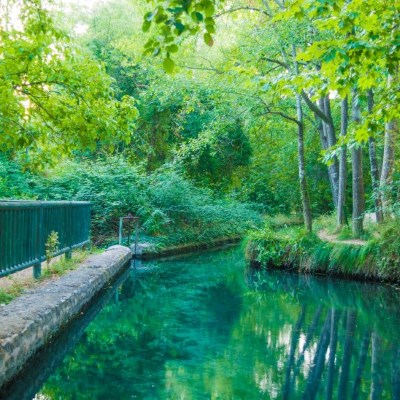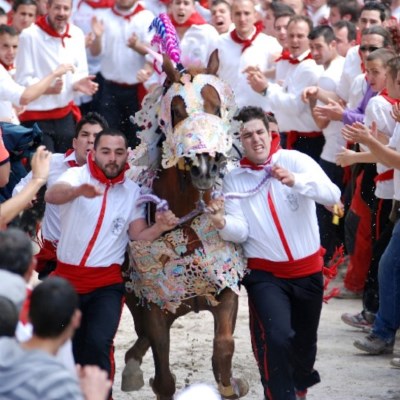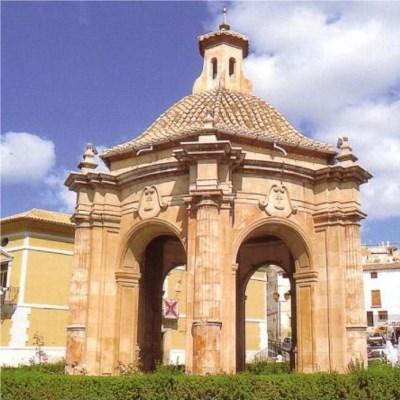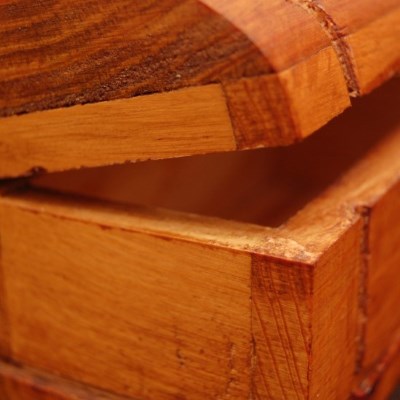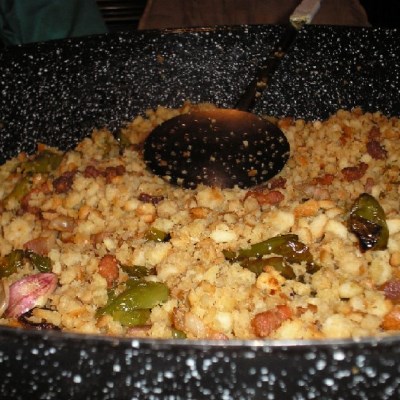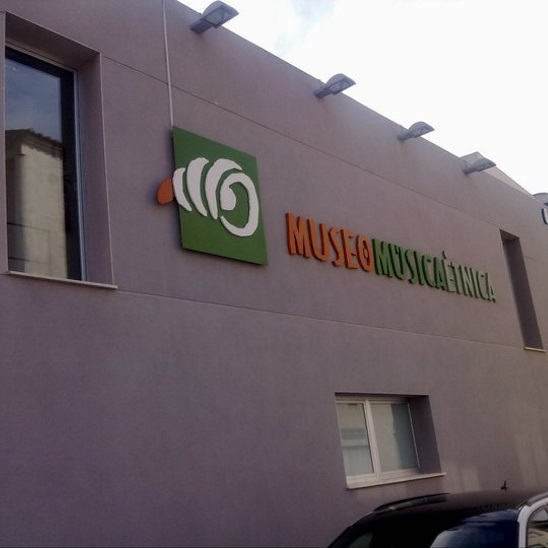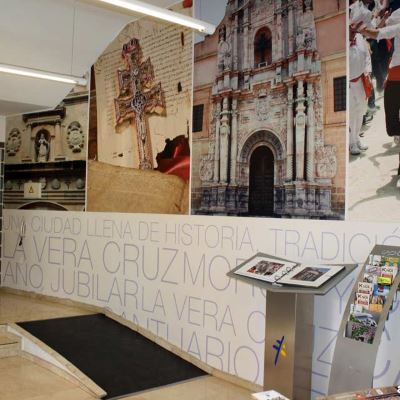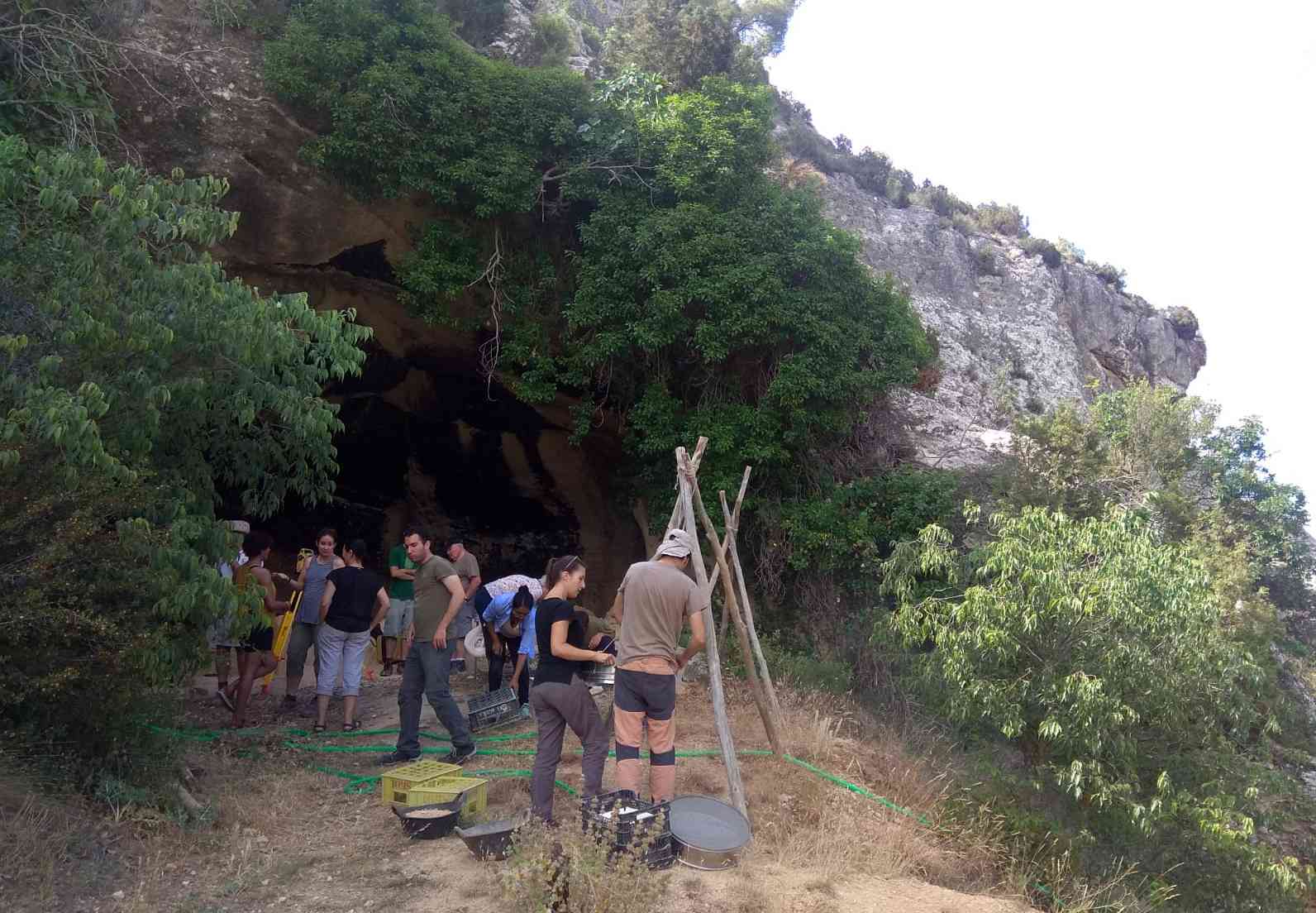Un equipo formado por 15 expertos participa en la XIX Campaña de Excavación de la Cueva Negra
La jornada de puertas abiertas a este yacimiento clave para el estudio de los primeros homínidos se celebrará el domingo 15 de julio
05/07/18. Un equipo integrado por 15 expertos participa en la XIX Campaña de Excavaciones Paleoantropológicas y Arqueológicas de la Cueva Negra del Estrecho del Río Quípar, en la pedanía caravaqueña La Encarnación. El yacimiento tiene entre 900.000 y 800.000 años de antigüedad y en los últimos años se ha consolidado como un referente internacional para el estudio del comportamiento de los primeros homínidos.
Este año, la jornada de puertas abiertas tendrá lugar el domingo 15 de julio, a las 10.00 horas, teniendo como punto de encuentro “La Ermitica” (junto al rio).
La excavación se desarrollará durante gran parte del mes de julio y un verano, más los esfuerzos estarán centrados en ampliar la investigación en los niveles donde se encuentra la presencia de fuego realizado por el hombre más antigua de Europa. En este sentido, recientemente se ha publicado un artículo científico en la prestigiosa revista ‘Historial Biology’, que confirma la sorprendente antigüedad del yacimiento.
La campaña de excavación está dirigida por la Asociación Murciana para el Estudio de la Paleoantropología y el Cuaternario (Mupantquat), con la colaboración de la Universidad de Murcia y el Ayuntamiento de Caravaca de la Cruz, instituciones con las que tienen un convenio de colaboración. Encabezan el equipo de investigación el profesor emérito de la Facultad de Biología Michael-John Walker; junto al arqueólogo de Mupantquat, Mariano Vicente López, y la profesora de la Universidad de Murcia María Haber Uriarte. A los diez expertos de Mupantquat y la UMU, este año se suman cinco voluntarios procedentes de universidades de Estados Unidos y Portugal.
Las excavaciones realizadas en las dos últimas décadas han aportado valiosa información sobre los primeros homínidos: “Continuamos, con gran ímpetu e ilusión, investigando para comprender y poder responder a las numerosas incógnitas que plantea el origen del ser humano, y para ello nos superamos campaña a campaña, avanzando junto a la metodología arqueológica de investigación del Paleolítico”, señaló el profesor Walker.
El yacimiento corresponde al final del Pleistoceno Antiguo (o Inferior). La cueva fue frecuentada por seres humanos que dejaron huellas de su presencia en forma de restos del fuego y un hacha de mano, siendo ambos los más antiguos de Europa. Además, en las sucesivas campañas, se han localizado numerosos útiles paleolíticos menores y abundantes restos de fauna, pertenecientes en muchos casos a micro mamíferos y a grandes mamíferos, de los que se pueden extraer conclusiones sobre los modos de vida y subsistencia del hombre en la Prehistoria.
Los seres humanos que habitaron en la cueva probablemente pertenecieron a la especie extinta del “Hombre de Heidelburgo” u ‘Homo heidelbergensis’,que habitaba Europa hace entre 900.000 y 150.000 años, en el Pleistoceno, y fue especie ancestral del “Hombre de Neandertal” u ‘Homo neanderthalensis’.


